Nestled in the heart of South Korea, Gwangju is a vibrant city that seamlessly blends modernity with rich cultural traditions. When strolling through, visitors can explore its riveting history and dynamic art scene as well as stunning natural landscapes and mouthwatering culinary delights.
Gwangju’s charm lies in its diverse attractions, offering something for everyone. History enthusiasts can delve into the city’s past by visiting landmarks like the Gwangju Democracy Uprising National Cemetery, a poignant tribute to its rich and resilient history.
Next, you'll admire contemporary artworks at the renowned Asia Culture Center, a hub for artistic expression. Then, dive into Gwangju’s vibrant food scene, where traditional Korean flavors meet modern twists at bustling markets and quaint eateries.
To complete the experience, the serene beauty of Mudeungsan Mountain offers an idyllic escape for nature lovers. This post will guide you through Gwangju’s must-see sights, sounds, and flavors, ensuring you make the most of your visit to this captivating city.
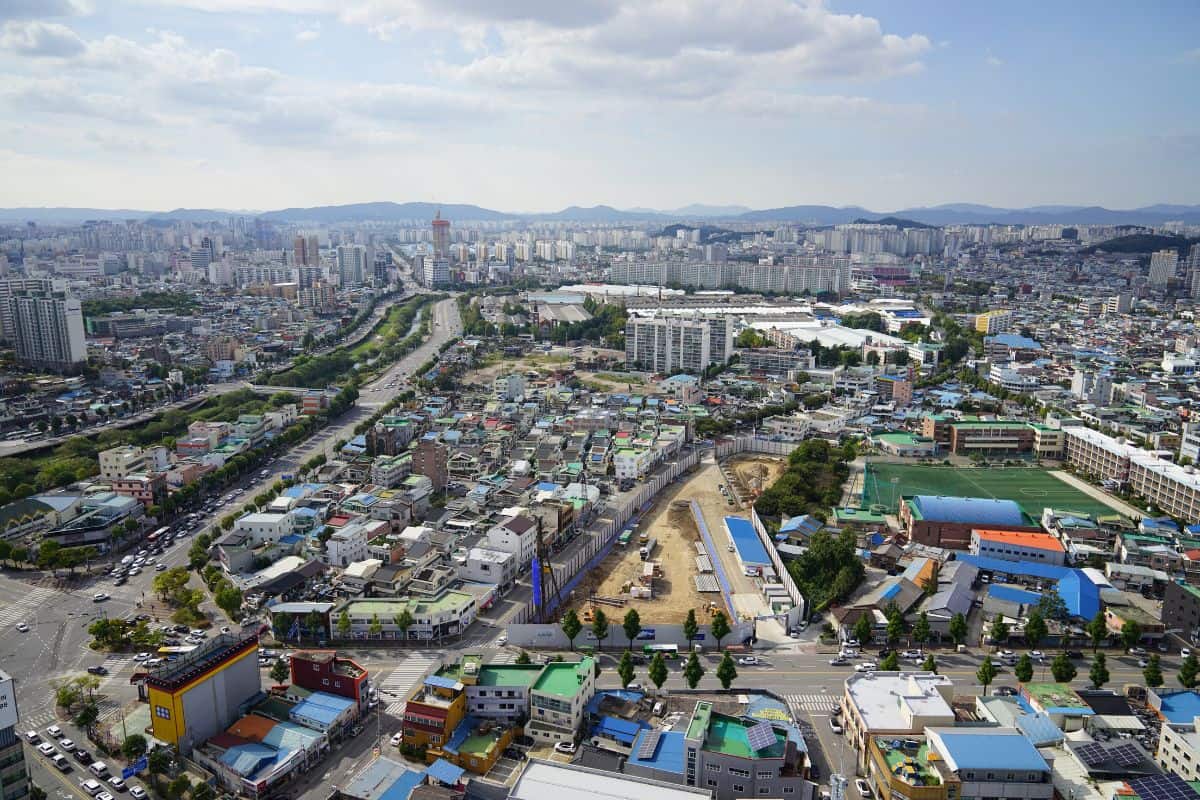
Jump to:
🗺️ Why Visit Gwangju?
Gwangju, often regarded as the cradle of traditional Korean culture, proudly reflects Korea’s rich history. Located in the southwestern part of South Korea, it's the sixth-largest city in the country, renowned for its pivotal role in the pro-democracy movements of the 1980s, in particular the Gwangju Uprising.
Today it boasts a blend of modernity and tradition, with numerous museums, art galleries, and cultural festivals that celebrate its artistic spirit. The city is also famous for its delicious local cuisine, including dishes more famous in nearby Jeonju, like kimchi and bibimbap.
Surrounded by picturesque mountains, Gwangju also offers stunning natural scenery alongside its urban attractions.
🚄 How to Get to Gwangju
To Gwangju From Seoul
The fastest way to travel from Seoul to Gwangju is by train, with the KTX providing direct service from Seoul Station to Gwangju Songjeong Station, making it a quick and efficient option for travelers looking to maximize their time; prices are around $50USD each way.
These trains run every 30 minutes, operating daily for a convenient and efficient commute. In just 1 hour and 48 minutes, travelers can seamlessly transition from the bustling neighborhoods of Seoul to the serene landscapes of Gwangju.
For a more leisurely journey, travelers can take a direct bus from Seoul to Gwangju, with departures every 15 minutes from Seoul Central City Bus Terminal, ensuring frequent daily service. Operated by Ko Bus, this 3-hour and 20-minute route offers a comfortable and scenic alternative to the train, though would be a bit long for a day trip.
To Gwangju From Busan
The most popular way to go from Busan to Gwangju is via express bus service; buses operate frequently from Busan Seobu Bus Terminal to Gwangju Bus Terminal, typically departing every hour. The journey takes around 3 to 4 hours, with ticket prices ranging from ₩18,000 to ₩31,000.
Alternatively, you can opt for train travel, although there is no direct KTX service between the two cities. Instead, you can take a Mugunghwa train from various stations in Busan, such as Bujeon or Sasang Stations, to Gwangju Songjeong Station.
This train journey usually takes about 4 hours and provides a comfortable travel experience, but if you prefer driving, renting a car is another option, with the trip taking approximately 3 to 4 hours. Each of these options allows for a reliable and enjoyable journey from Busan to Gwangju.
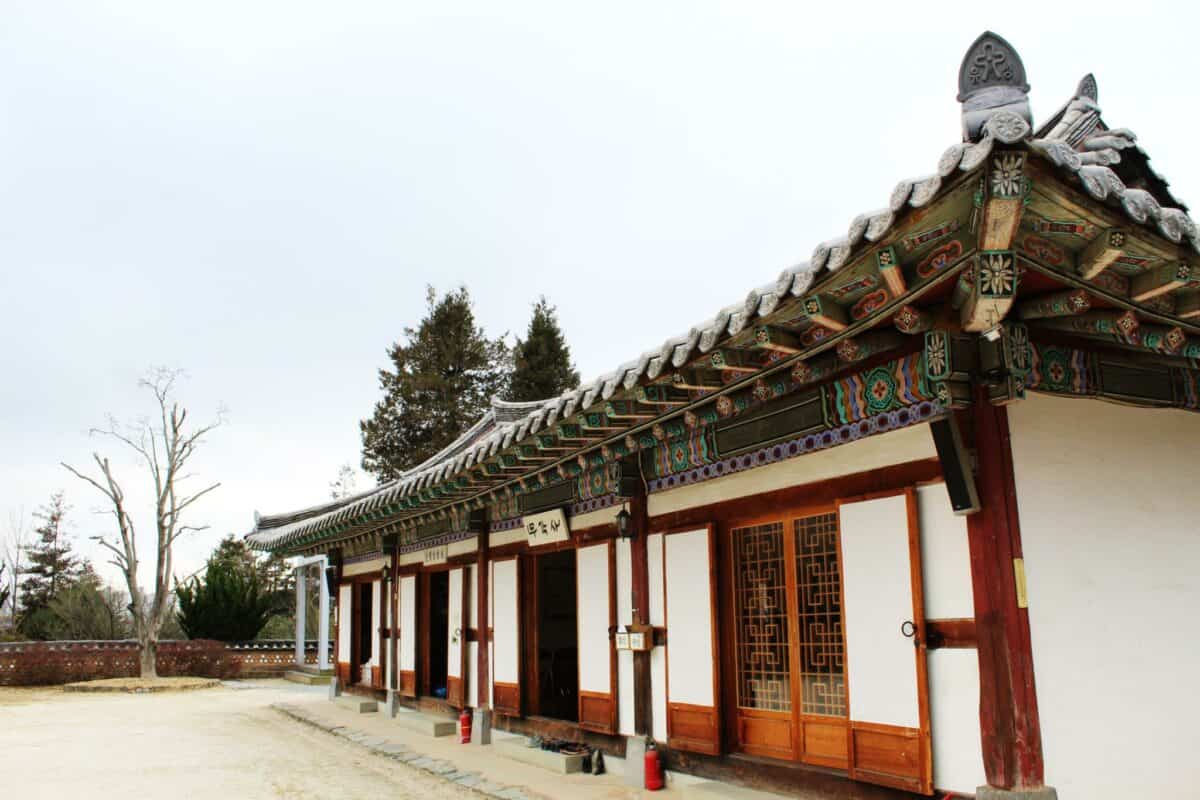
😎 Things to Do in Gwangju
Gwangju National Museum
Hours: 10am-6pm, Monday to Sunday
Gwangju National Museum preserves and showcases cultural relics from Jeollanam-do through 7 thoughtfully divided exhibit categories, each representing a different period and type.
Highlights include the Prehistoric Hall, showcasing early Stone Age tools from the Paleolithic to the Bronze Ages, and the Samguk Hall, which features earthenware and ironware from the Jeolla-do area.
Art enthusiasts will be drawn to the Buddhist Art Hall and Painting Hall, which showcase pieces from the Joseon and modern periods, while the Goryeo Pottery Exhibit Hall offers a glimpse into the evolution of Korean pottery from the Goryeo to Joseon periods.
Adding a touch of maritime history, the Shinan Ocean Floor Relic Hall showcases fascinating artefacts from a 600-year-old trade ship recovered from the Shinan Sea.
Address: 110 Haseo-ro, Buk-gu, Gwangju, South Korea
Hours to Spend: 2-3 hours
Gwangju Museum of Art
Hours: 10am-6pm, Tuesday to Sunday
Managed by the visionaries who founded the renowned Gwangju Biennale, the Gwangju Museum of Art is a cultural gem that showcases the vibrant spectrum of Korean artistry. Visitors can expect to see works from emerging Korean artists as well as celebrated local figures like Heo Baek-ryeon, also known by his pen name Uijae, and Oh Ji Ho.
This museum is a haven for art enthusiasts and curious travelers alike, offering a unique glimpse into Korea's dynamic art scene while providing a serene environment to appreciate the creative expressions of both the past and present.
The Gwangju Museum of Art is divided into three distinct sections: the Main Hall, the Education Promotion Center, and the Biennale Hall, the latter standing out with five exhibition halls spread across three floors.
Each section of the museum is designed to engage visitors with a range of art forms and educational opportunities, ensuring a rich and fulfilling experience.
Address: 52 Haseo-ro, Buk-gu, Gwangju, South Korea
Hours to Spend: 2-3 hours
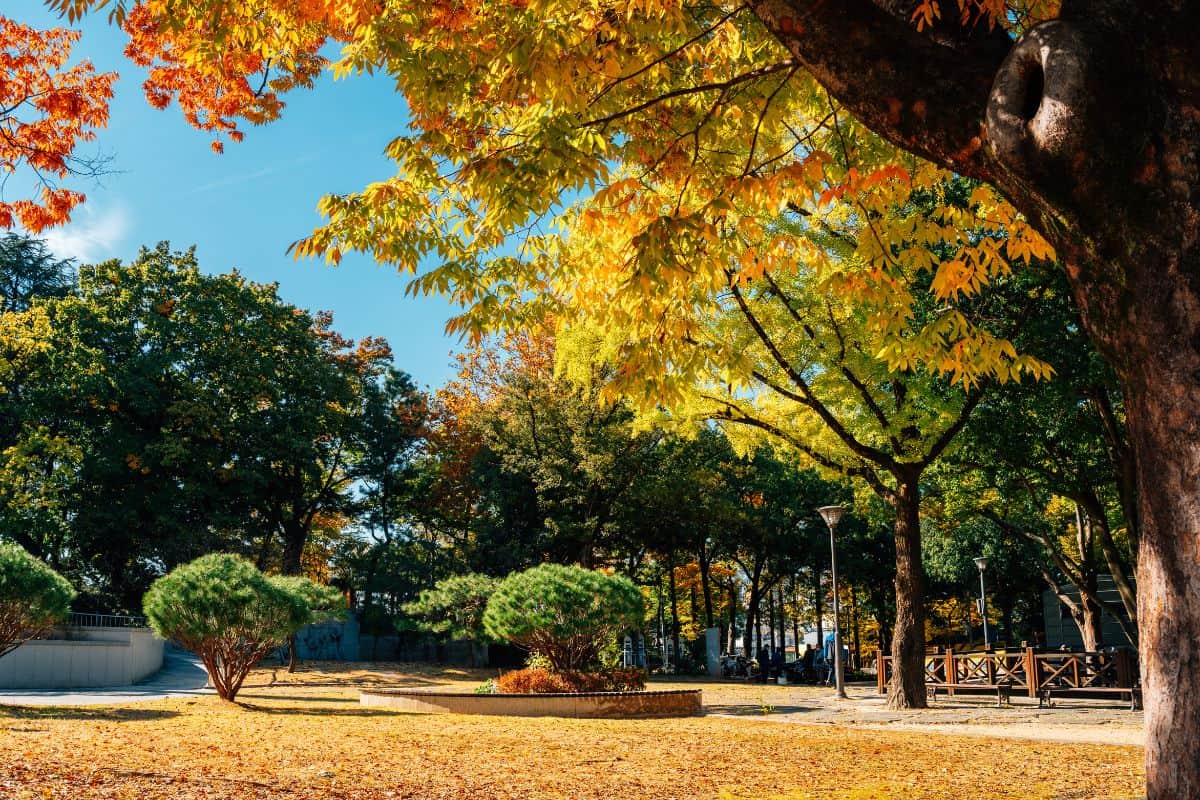
Gwangju Science Center
Hours: 9:30am-5:30pm, Tuesday to Sunday
The Gwangju National Science Museum opened its doors in 2013 with a mission to inspire and educate visitors about the wonders of science, particularly focusing on the interplay between light and science.
The museum's distinctive spaceship-shaped exterior is a testament to its futuristic ethos, immediately capturing the curiosity of all who visit. Inside, you'll find an array of interactive exhibits that encourage hands-on engagement, allowing both children and adults to delve deep into scientific concepts through imaginative and participatory experiences.
Catering to curious minds of all ages, the Gwangju National Science Museum offers engaging programs that make science both fun and accessible.
Address: 235 Cheomdangwagi-ro, Buk-gu, Gwangju, South Korea
Hours to Spend: 2-3 hours
Yangdong Market
Hours: 3am-9pm, Monday to Sunday
Yangdong Market, rich in history and tradition, began in the 1910's as a traditional market held on dates ending in 2 and 7 each month, a type of traditional market known as a 5-day market or 'oh-eel-shi-jang'. Originally set on the white sand beach under Gwangjugyo Bridge, it has grown over the decades into a cornerstone of Gwangju's vibrant culture.
The many goods available range from fresh produce and seafood to handcrafted items and textiles, similar to other Korean night markets. During the pivotal May 18th Democratic Uprising, both Yangdong and Daein Markets played significant roles as rallying points where citizens gathered to push for the nation's democratization.
Merchants here provided essential supplies such as food, beverages, and medicine and stood shoulder-to-shoulder with the protestors, embodying the spirit of unity and resilience. Yangdong Market thrives today by blending its rich historical roots with modern conveniences, standing out as a premier traditional market in South Korea that continually adapts.
The market now features a consolidated market logo, an online shopping mall, and merchant education classes to enhance the shopping experience and support local vendors even further.
Address: 238 Cheonbyeonjwa-ro, Seo-gu, Gwangju, South Korea
Hours to Spend: 2-3 hours
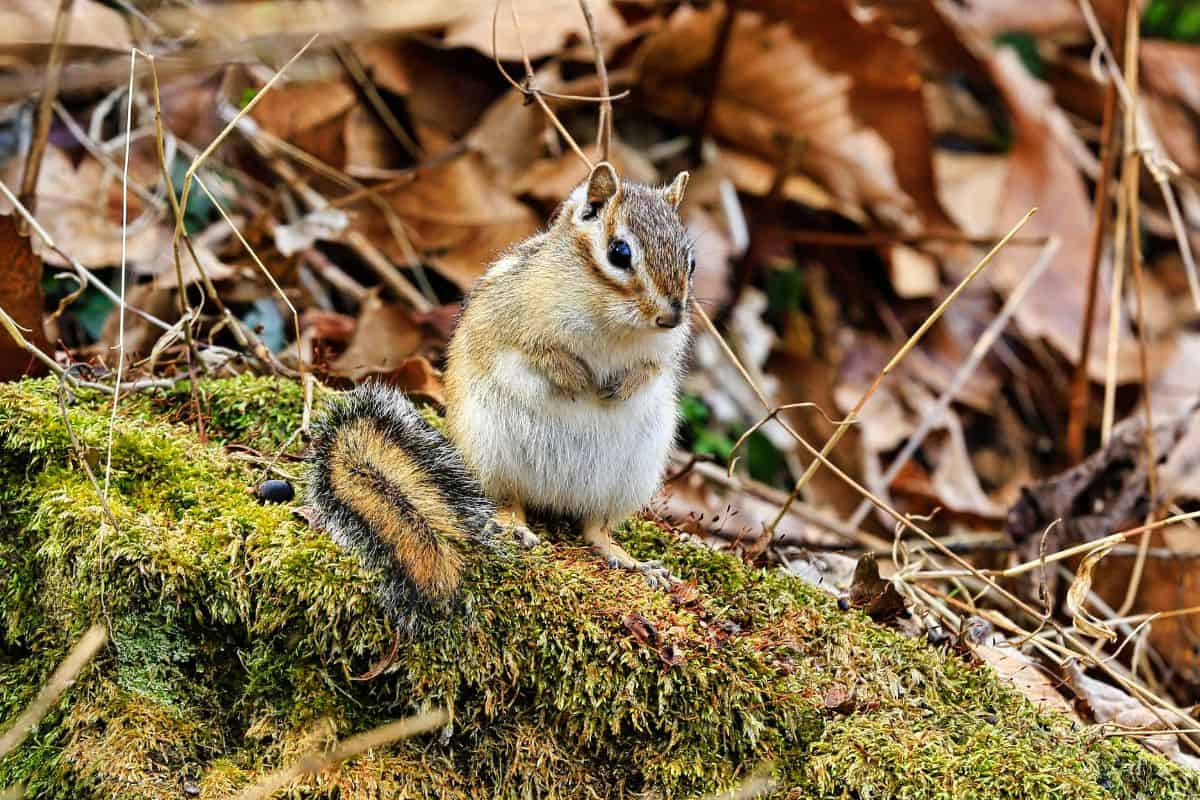
Mudeungsan National Park
Hours: 24 hours a day, Monday to Sunday
Nestled in the southern Jeolla Province, Mudeungsan National Park is a breathtaking sanctuary for nature lovers and adventurers alike.
This magnificent park is renowned for its stunning landscape, highlighted by the Jeongsang Three Rock peaks—Cheonwangbong, Jiwangbong, and Inwangbong—with Mudeungsan Mountain rising to an impressive 1,186 meters, offering a spectacular backdrop for outdoor enthusiasts.
The trails are well-marked and manageable, even for novice hikers, with gradual slopes and stairways equipped with safety railings at more challenging sections. The park is home to several historic Buddhist temples nestled at the foot of the mountain, adding a touch of spirituality to your visit.
Noteworthy among them are Yaksaam, Jeungsimsa, and Wonhyosa Temples, each exuding a serene ambiance and adorned with ancient relics. Visitors of all faiths are welcome to explore these temples, participate in prayers, or find a tranquil spot for meditation.
The park truly comes alive through the seasons, from the vibrant wildflowers of spring and the lush greenery of summer to the mesmerizing autumn foliage and the enchanting snowscapes of winter.
Address: 1550, Mudeung-ro, Buk-gu, Gwangju, South Korea
Hours to Spend: 3-5 hours
May 18th Memorial Park
Hours: 24 hours a day, 7 days a week
Paying a visit to the May 18th National Cemetery & Park offers a profound and moving experience for anyone interested in the democratic history of South Korea. Established to commemorate the momentous democratization movement in Gwangju on May 18th, 1980, this solemn park is a resting place for martyrs and a vibrant historical repository.
The May 18th Memorial Culture Center is a focal point among its many sacred landmarks, offering insightful exhibits alongside Daedong Plaza and the Gwangju Student Movement Memorial Tower that delve into the harrowing yet inspirational stories of those who fought for democratic freedoms in South Korea.
The cemetery hosts various memorial spaces, including the elegant Oweol Pavilion, where visitors can reflect and remember. Meticulously designed, the park honors the sacrificial spirit of the martyrs who lost their lives during the 1980 democratization movement.
With its peaceful environment and thoughtfully curated installations, the May 18th National Cemetery is an ideal place for reflection, educational trips, and paying respects. Whether you're a history enthusiast or a traveler seeking a deeper understanding of Korea's journey toward democracy, it offers a poignant and enriching experience.
Address: 61 Sangmuminju-ro, Seo-gu, Gwangju, South Korea
Hours to Spend: 1-2 hours
Gwangju World Cup Stadium
Hours: 9am-5pm, Mondays to Fridays
Experience the thrill of touring the Gwangju World Cup Stadium, a prominent multi-purpose venue located in the vibrant city of Gwangju.
Managed by the Sports Support Division of the Culture & Sports Policy Office of the Gwangju Metropolitan City, this stadium has a rich legacy that dates back to its inauguration for the 2002 FIFA World Cup.
Today, the Gwangju World Cup Stadium stands as a testament to the city's passion for sports and a bustling hub for events beyond football, attracting both sports enthusiasts and tourists with its state-of-the-art facilities and welcoming atmosphere.
Address: 240 Geumhwa-ro, Seo-gu, Gwangju, South Korea
Hours to Spend: 1-2 hours
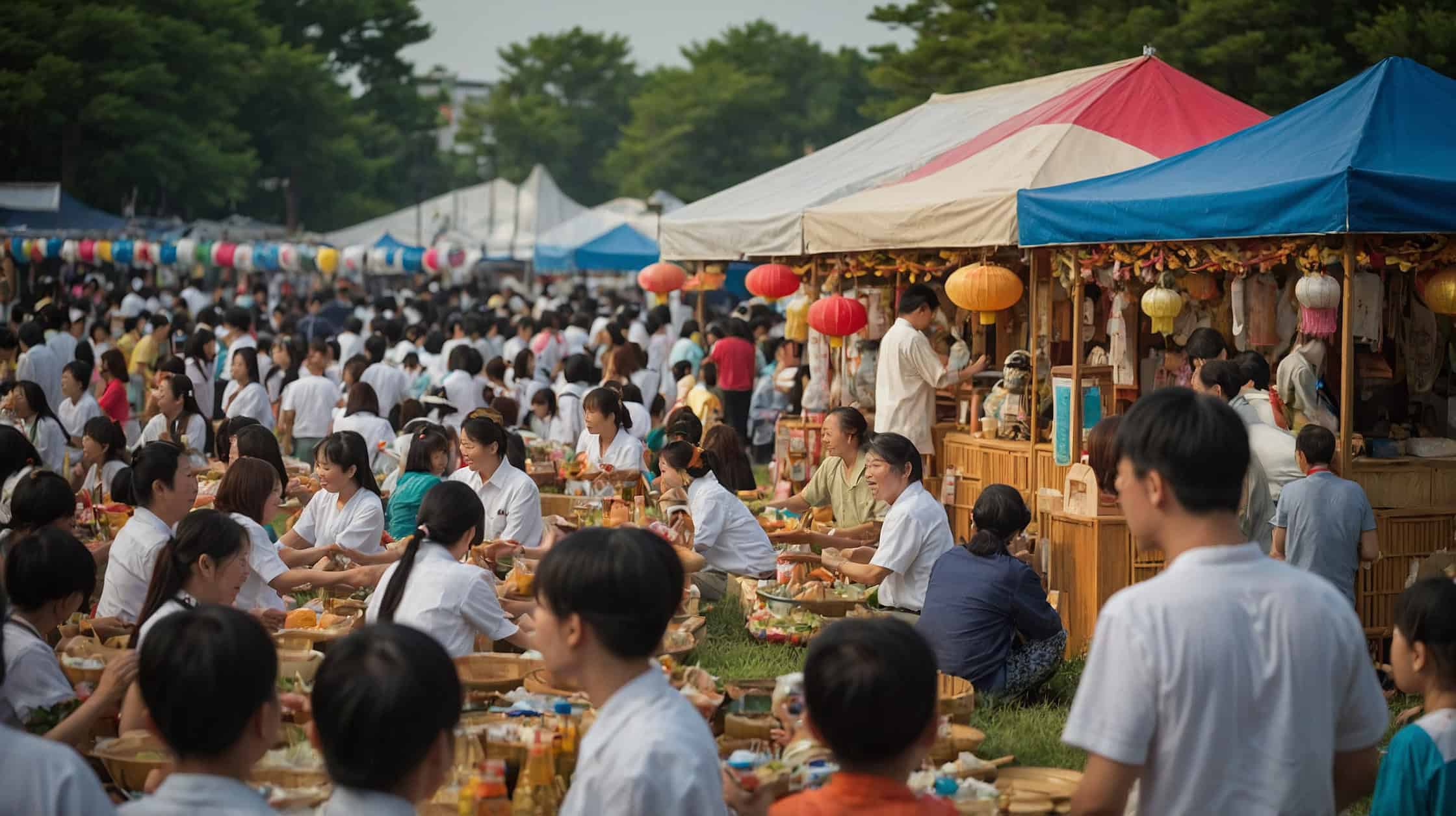
Gwangju Folk Museum
Hours: 9am-6pm, Tuesday to Sunday
Gwangju Folk Museum was established to preserve Korea's treasured folk relics and elevate cultural awareness, offering a vivid display of the vibrant and diverse lifestyles of Korea's southwestern regions, including Gwangju and Jeollanam-do.
Upon entering, visitors are greeted with an array of exhibits on the first floor that highlight the essential aspects of daily life—ranging from food, clothing, and housing to traditional livelihood and intricately crafted handicrafts.
The second floor immerses visitors in the region’s rich cultural tapestry through displays of folk games, traditional customs, and folk religions.
Enhancing its charm, the museum uses detailed miniature and diorama displays to bring historical scenes to life. Visitors can also engage with the culture through 8 video tech systems that vividly showcase the region's 9 intangible cultural relics, making the experience both informative and enjoyable.
Address: 48-25 Seoha-ro, Buk-gu, Gwangju, South Korea
Hours to Spend: 1-3 hours
Gwangjuho Lake Eco Park
Hours: 9am-6pm, Monday to Sunday
Nestled near the serene banks of Gwangjuho Lake, Gwangjuho Lake Eco Park offers an immersive experience for nature lovers and explorers, featuring facilities like the Nature Observation Center and Nature Learning Center—perfect for educational trips and curious minds.
Stroll through the expansive Lawn Area or explore the Waterside Wetland, where visitors can get a close-up view of diverse flora and fauna. Bird watchers will delight in the park's wetlands, where a leisurely walk along well-maintained paths may reveal various bird species, adding another layer of wonder to your visit.
The watchers will particularly enjoy the park's wetlands, where a leisurely walk along well-maintained paths offers the chance to spot various bird species, adding another layer of wonder to your visit.
Address: Hakseon-ri, Gasamunhak-myeon, Damyang-gun, Jeollanam-do, South Korea
Hours to Spend: 2-3 hours
Songjeong Market
Hours: 8:30am-10pm, Monday to Sunday
Opened with the inauguration of Gwangju-Songjeong Station, Songjeong Station Market has been a local staple since 1913, originally serving as the go-to destination for essential items and fresh produce for decades.
However, the rise of supermarkets in the 1990s led to a decline in traditional market foot traffic. To rejuvenate Songjeong Station Market and showcase its unique charm, it was redesigned around the theme of time. This thoughtful transformation breathed new life into the area, creating a visually appealing space that bridges the past and the present.
Conveniently located just across the street from Gwangju-Songjeong KTX Station, the 1913 Songjeong Station Market now boasts a fresh and inviting atmosphere with its modern architecture and informative signboards narrating various shops' history.
Visitors can savor classic street foods like hotteok (hot griddle cakes), kieran bap (rice with egg), and eomuk (fish cake) while immersing themselves in local history, making Songjeong Station Market a flavorful and engaging stop on your Gwangju itinerary.
Address: 38 Songjeong-ro 16beon-gil, Gwangsan-gu, Gwangju, South Korea
Hours to Spend: 2-3 hours
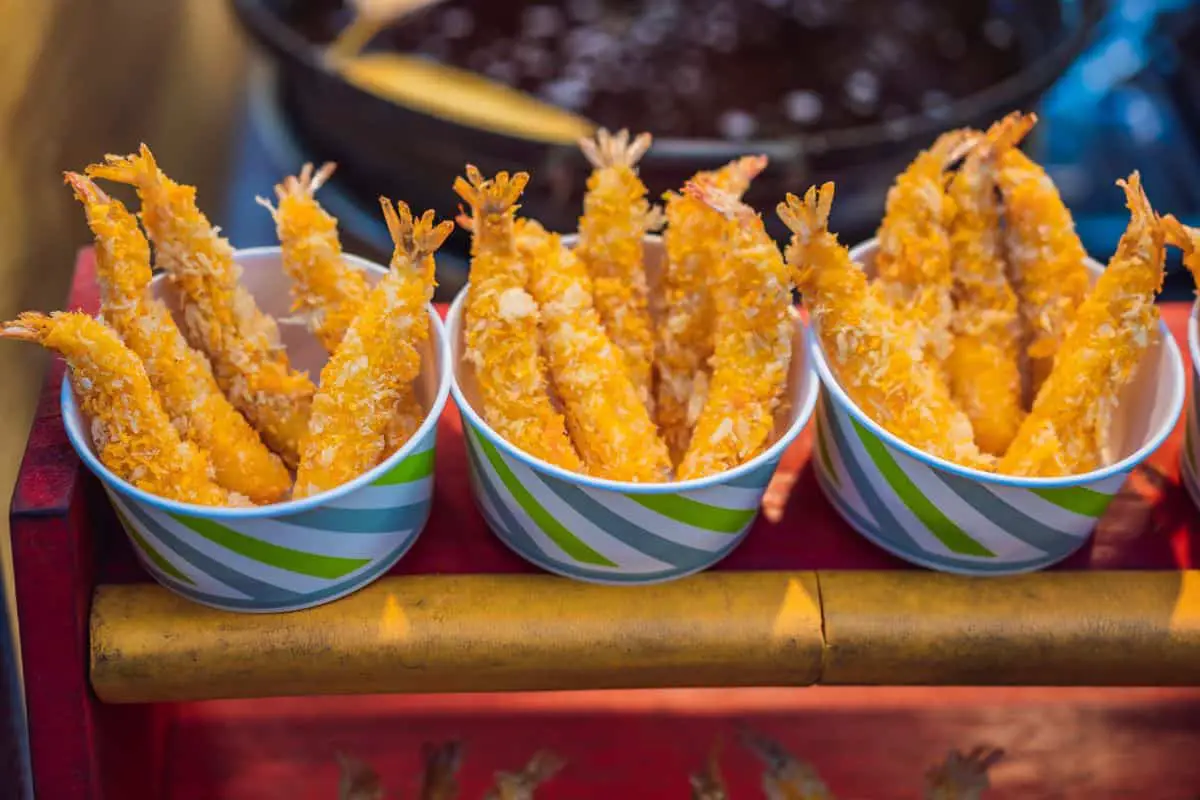
Chungjangno Street
Hours: shop hours vary
Immerse yourself in the vibrant atmosphere of Chungjangno Street, Gwangju's premier fashion district, rivaling Seoul's renowned Myeongdong Street. This bustling thoroughfare is lined with shopping malls, chic boutiques, hip clothing stores, and a variety of restaurants and cafés.
Chungjangno Street is the ultimate destination for a modern cultural experience in Gwangju, whether you're exploring the latest fashion trends or savoring local delicacies. Its energy is palpable, with every turn unveiling something new—from high-end fashion to cozy coffee spots.
Beyond shopping and dining, Chungjangno Street buzzes with diverse performances and entertainment, featuring movie theaters and attractions that keep visitors engaged.
Address: 94 Chungjang-ro, Chungjangno 2(i)-ga, Dong-gu, Gwangju, South Korea
Hours to Spend: 2-3 hours
Uchi Park
Hours: 9am-5pm, Monday to Sunday
Uchi Park, the largest recreational haven in South Jeolla Province, South Korea, offers attractions for both nature lovers and thrill-seekers. Within its vast expanse lies a stunning botanical garden, an oasis of tranquility featuring a diverse array of plant species that captivate visitors with their natural beauty.
For animal enthusiasts and families, the park's Specimen Exhibition Hall—South Korea’s second-largest zoo—offers an educational yet delightful experience. Visitors of all ages can marvel at diverse animal exhibits, gaining insights into the wonders of the animal kingdom while enjoying a day outdoors.
Beyond its natural beauty, Uchi Park thrives with excitement through its many entertainment options. A highlight is Gwangju Family Land, an activity-packed complex that promises fun for all ages.
Address: 677 Uchi-ro, Buk-gu, Gwangju, South Korea
Hours to Spend: 1-2 hours
❓ Frequently Asked Questions
The best time to visit Uchi Park is mid-April when the cherry blossoms are in full bloom. During this period, the trees are illuminated at night, creating a magical and enchanting experience for visitors.
No, Chungjangno Street offers more than just shopping. It also has a bustling food scene with various restaurants and cafés offering delicious local delicacies. Additionally, entertainment options such as movie theaters and live performances are scattered throughout the street.

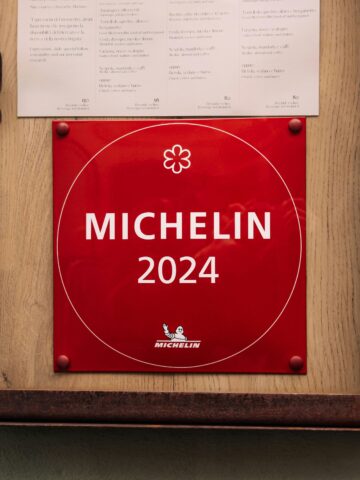
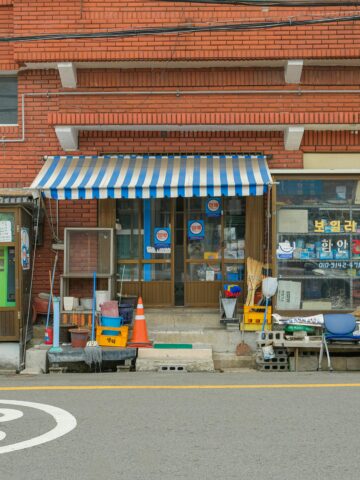
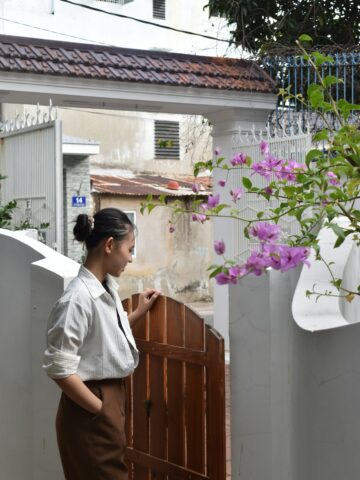
Comments
No Comments